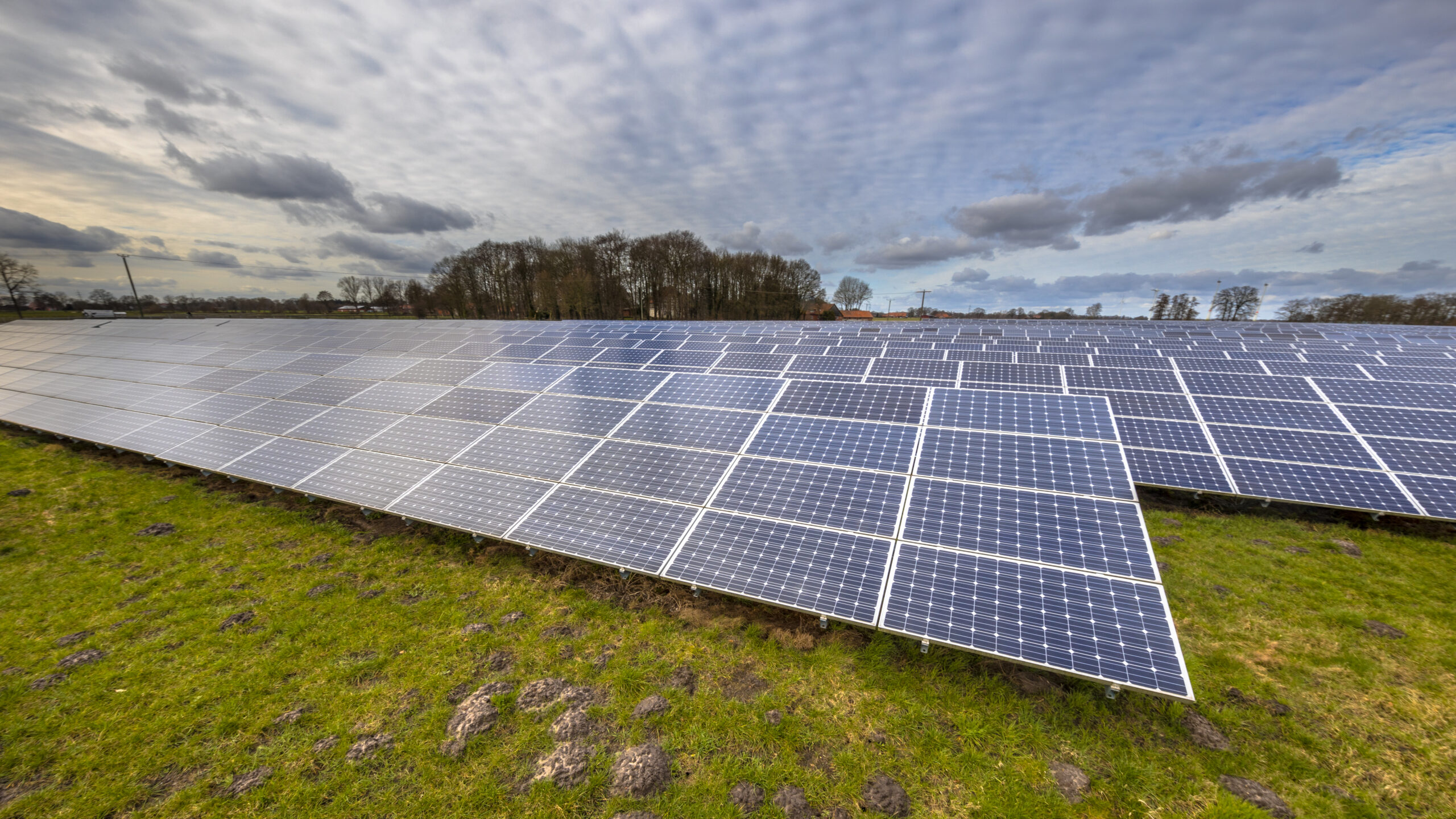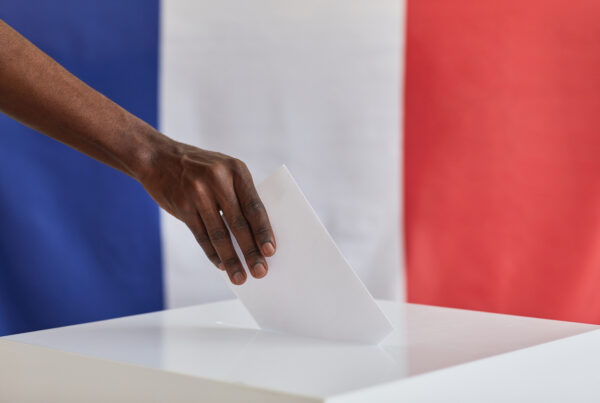As we entered the 2021 Minnesota Legislative Session, Tunheim started getting questions from our clients about what policymakers’ priorities would be, and what can be expected to happen, within specific policy areas. With legislative leaders focused on the budget and COVID leading up to Session, we wanted to dig deeper and engage with Committee Chairs and Commissioners in three key policy areas for us and our clients: housing, energy, and health care.
For our energy discussion, we reached out to the Temporary Commissioner of the state Department of Commerce and Senate and House Energy Committee Chairs and asked them to share their priorities for the state’s future energy policy, and possible legislative movement this Legislative Session. We heard back from Minnesota Department of Commerce Temporary Commissioner Grace Arnold and Minnesota House of Representatives Climate and Energy Finance and Policy Chair Jamie Long, whose input is reflected in the conversation below.
What do you see as the biggest needs for Minnesota to tackle as it pertains to energy?
Temporary Commissioner Arnold:
At the Minnesota Department of Commerce, our goal is to ensure all Minnesotans have access to affordable and reliable energy service, while minimizing adverse impacts to the environment.
Over the past 15 years, Minnesota has transformed how we generate electricity. Use of renewable energy increased from 6 percent to 24 percent. By putting standards such as the proposal for 100 percent carbon-free energy by 2040 into law, we provide certainty for utilities as they manage market, economic, and technology changes.
The goal of the Walz Administration is to build on the success that Minnesota has already achieved in reducing dependence on fossil fuels and increasing the use of clean energy resources to power the state while ensuring reliable, affordable electricity.
Representative Long:
Minnesota should continue the leadership position it has held on clean energy by moving boldly towards 100% clean energy. As a state that does not produce fossil fuels, we can build our economy and create good paying jobs with wind, solar, energy efficiency and more. We are not on track to meet our state’s climate goals and we must do much more to reduce carbon pollution across all sectors – from transportation, to buildings, to energy production. If we couple clean electricity with electrified transportation and heat for buildings, we can solve a big part of our state’s contribution to the climate crisis.
What are your energy priorities this Session?
Temporary Commissioner Arnold:
In the 2021 legislative session, the Minnesota Department of Commerce is proposing the Clean Energy Package, which has four main provisions:
1) 100% Carbon-Free Energy Standard by 2040: By transitioning to 100% carbon-free energy by 2040, Minnesota utilities will lead the way to healthier air through significant reduction in greenhouse gases.
- The options and timing in this proposal give utilities the planning time and flexibility they need to reach 100%, while maintaining reliable and affordable electricity for all of Minnesota.
- This proposal prioritizes jobs, requiring the Minnesota Public Utilities Commission to consider use of prevailing wages as a condition of receiving site permits for large wind projects.
2) Clean Energy First: Planned retirements and closures of many of Minnesota’s aging power plants has led to an opportunity to build a new energy infrastructure across Minnesota that is better for our health, environment and economy. The proposal broadens Minnesota’s current renewable preference statute, so that a utility can look first to clean energy resources for new electric power generation.
This policy mechanism establishes a regulatory pathway to not only achieve the 100% carbon free electricity standard, but also address other intersecting energy policy issues.
3) Energy Conservation and Optimization: Minnesota’s Conservation Improvement Program (CIP) has been highly successful, delivering real savings on customer energy bills, providing over $6 billion in net benefits to the state. Energy Conservation and Optimization (ECO) would expand the impact of the CIP program by allowing consumers to further reduce total energy costs by modifying the timing of their energy consumption through load management programs and by switching to more efficient technologies and lower carbon fuels.
4) 50% Carbon Reduction by 2035 in Existing Buildings Goal: This newly proposed goal will be realized through the continuation of the most effective current energy savings programs; and through the development.
Representative Long:
The first bill we are likely to take up is the Energy Conservation and Optimization (ECO) Act, a bipartisan bill to improve our state energy efficiency laws that passed the House last session. I am optimistic this can be an early success for the House and Senate collaborating on energy policy. We will also focus on promoting clean energy, electric vehicles, and energy efficient buildings.
Looking at this Session, with it being a budget year and dealing with COVID, what do you think can realistically be done this year in this policy area? How do you predict things will play out?
Temporary Commissioner Arnold:
On January 21, Governor Walz, Lt. Governor Flanagan and the House and Senate DLF Energy Leads rolled out our clean energy package with this press release, which explains why this Clean Energy Package will succeed in the 2021 session.
It’s worth repeating the importance of this Clean Energy Package for our children, our communities and our earth.
Representative Long:
Our energy systems are rapidly changing and we can’t afford to stand still at the legislature. I believe the House and Senate can come together on meaningful improvements to our energy laws to keep Minnesota at the forefront of energy innovation. We also have the opportunity through the Renewable Development Account to make smart investments in deploying clean energy in Minnesota.
Tunheim would like to give our sincerest thanks to Temporary Commissioner Arnold and Representative Long and their respective staff for participating in this energy conversation, and for their service to the State of Minnesota and its citizens.
If you have questions on how what was shared here means for your organization or how you can help achieve policy goals in the energy and climate space email me, Tunheim Senior Consultant Sarah Hinde, at shinde@tunheim.com.






